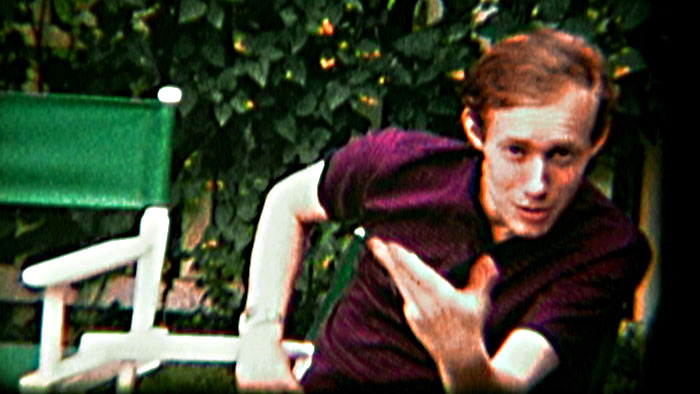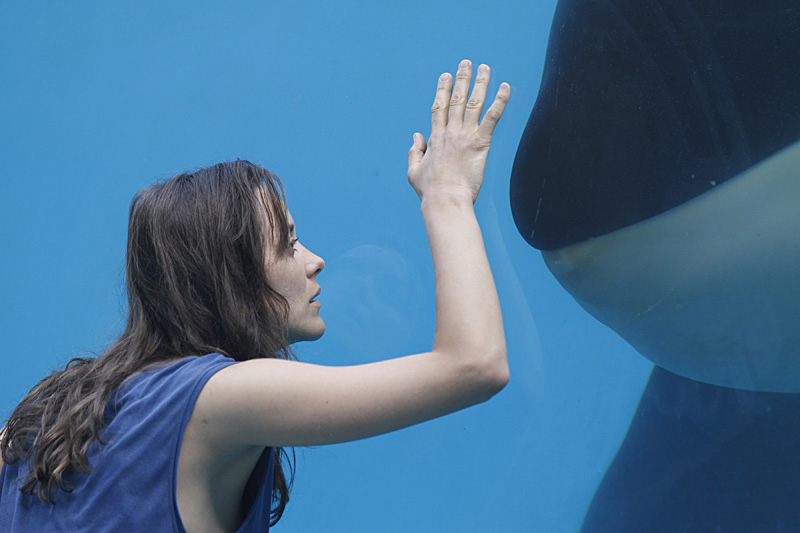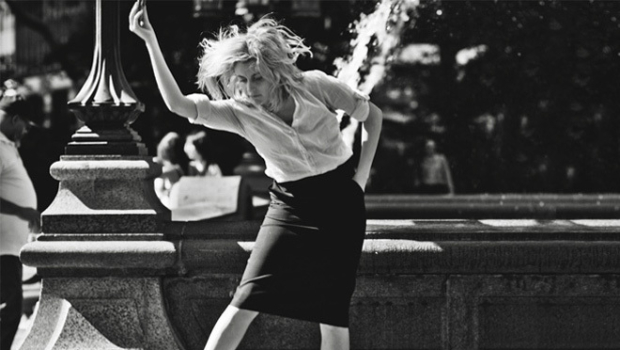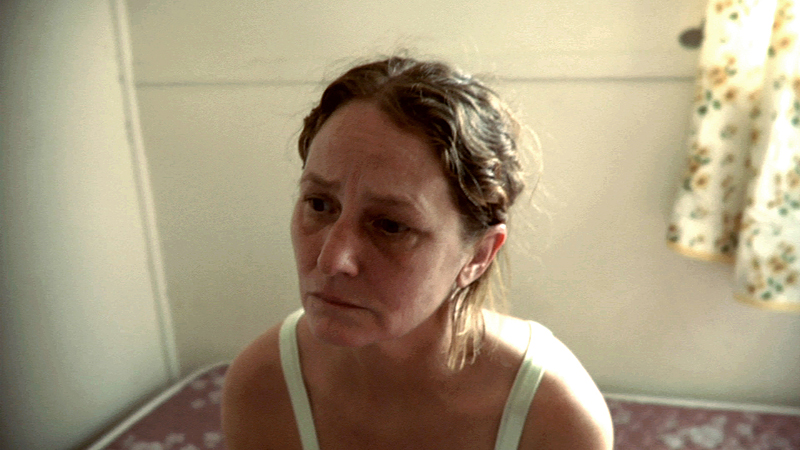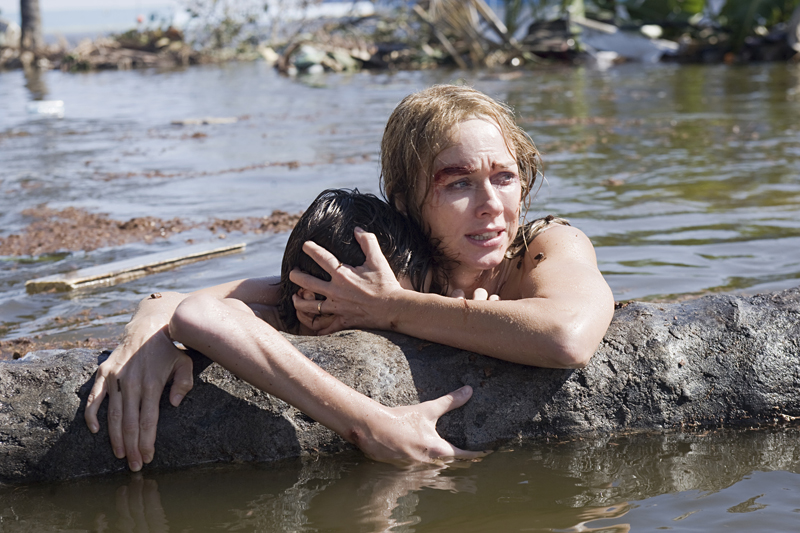If an obscenely privileged person has the good sense to apologize for his whining, does this self-awareness make the pity party any more tolerable? “It must be infuriating to hear someone complain about the Hamptons,” admits Richard P. Rogers—admired independent filmmaker, beloved professor at SUNY Purchase and Harvard, and fortunate son who spent part of his childhood in Wainscott, Long Island—referring to the uncompleted autobiographical project he toiled on for 25 years. After Rogers’ death in 2001, former student Alexander Olch began to sift through the boxes of material left behind, commissioned by Rogers’ wife, photographer Susan Meiselas, to make a somewhat coherent film out of the reels of self-loathing, envy, spite, and narcissism. In this act of ventriloquism beyond the grave, Olch strings the fragments together by reading from an original narration he wrote in Rogers’ voice, but provides little context for his mentor’s career as a respected filmmaker. And nothing in Olch’s project even begins to answer the query that Rogers, filming himself in a mirror, has about the ultimate significance of his project: “The question is always whether there’s anything to say or is it just a kind of jerking off?” Which leads to another question: Is it possible that Rogers—who shot his drunken mother’s fits of pique and who, after Meiselas gets an abortion, can think selfishly only of the “similarities to my film, my aborted film”—never completed his movie because he knew it would be insufferable?
The Windmill Movie: Documentary as Ventriloquism
